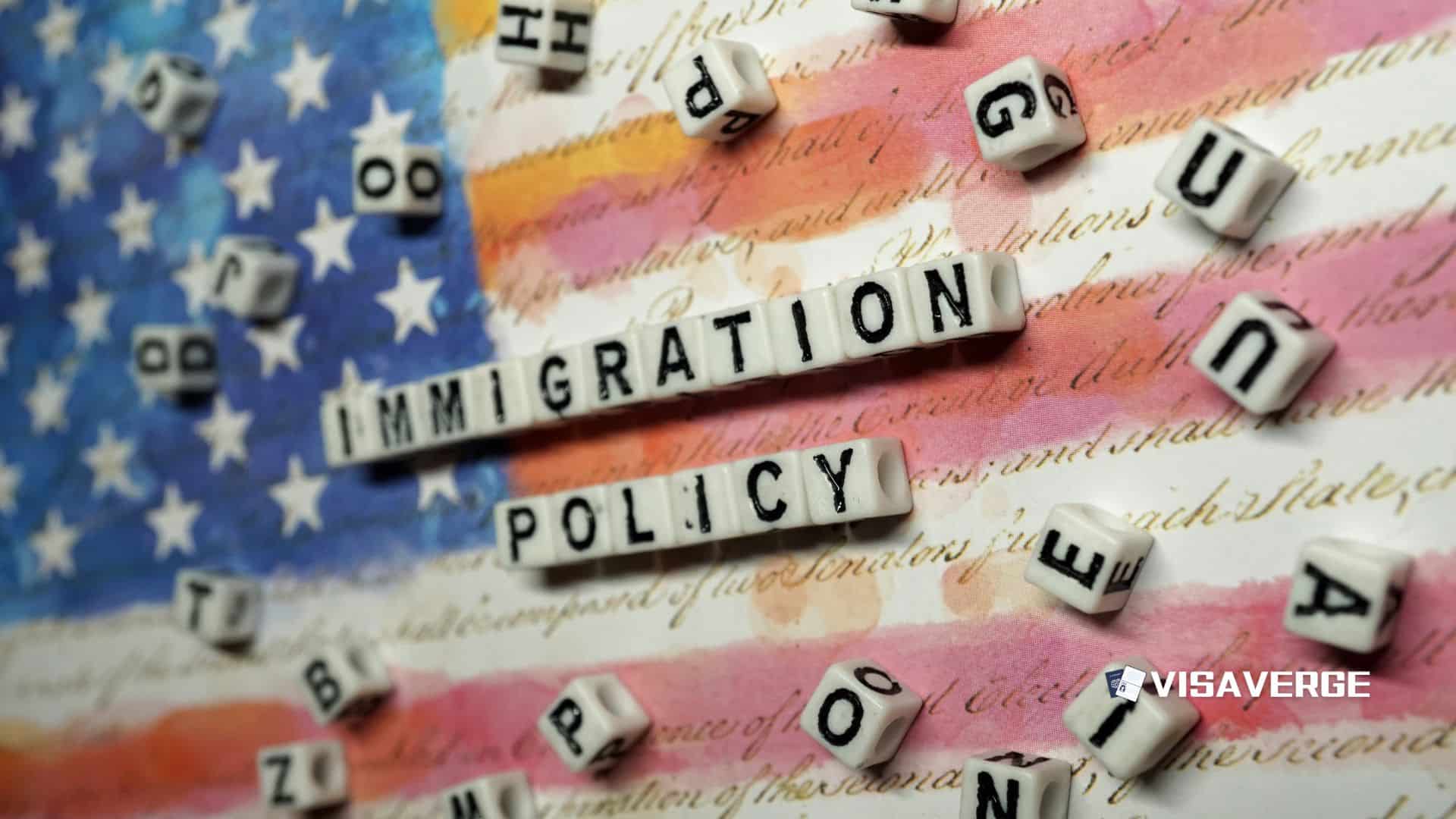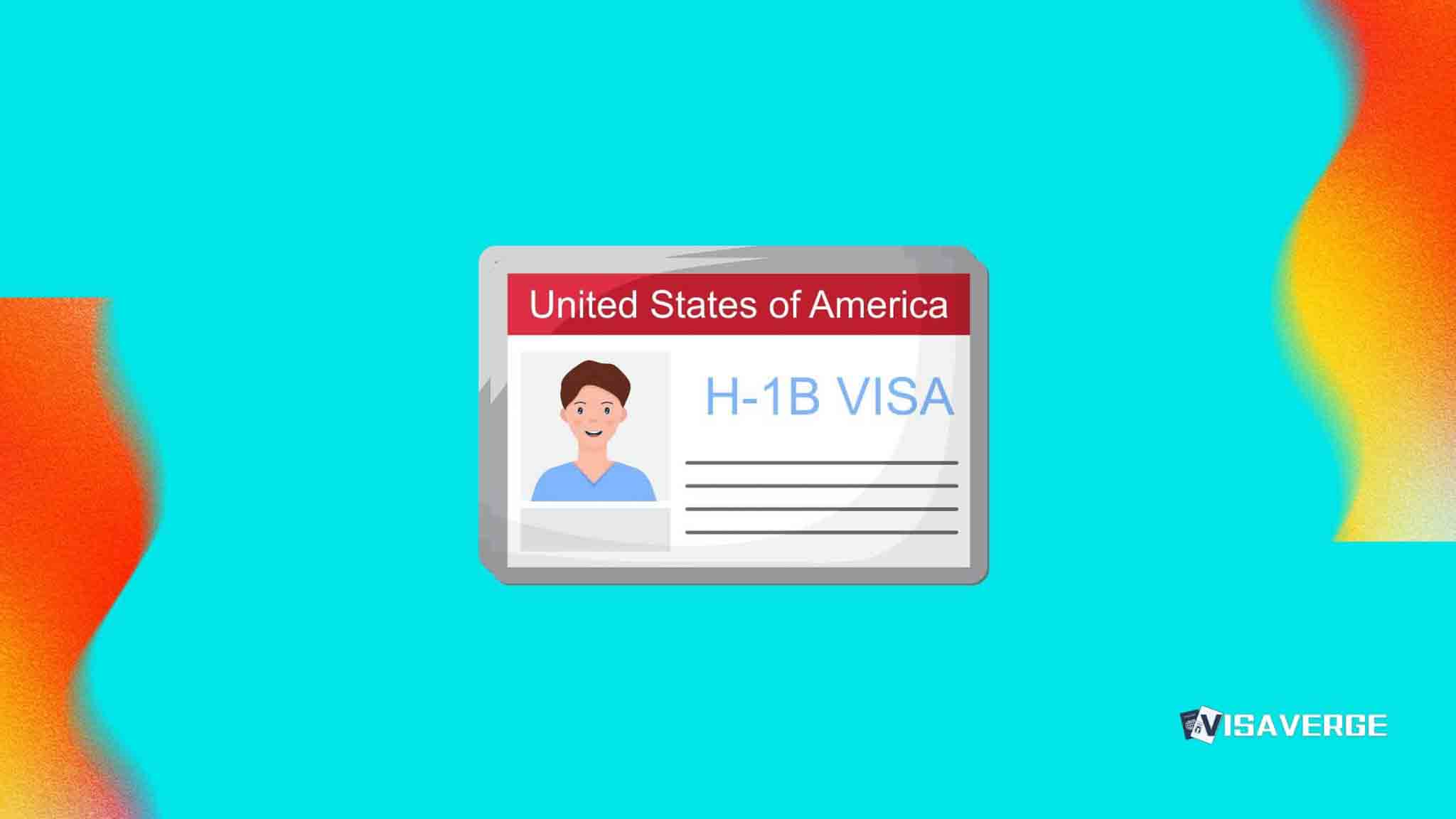(CALIFORNIA) Federal immigration officials have ordered an end to large public naturalization ceremonies at several local venues, including the long‑running events at the Campbell Heritage Theatre in Silicon Valley, under a cost‑cutting push that will shift thousands of new citizens into smaller offices starting March 12, 2025. The decision, delivered through contract notices citing a “termination for convenience of the government” clause, has already started to reshape how and where people in the United States 🇺🇸 take the oath of citizenship.
What the change is and where it will happen

U.S. Citizenship and Immigration Services (USCIS) confirmed that its contract with the city‑owned theater in Campbell, south of San Jose, will end on March 12, forcing all remaining ceremonies there to move to the agency’s San Jose field office, which has far less seating and limited space for guests.
Similar instructions have gone out to counties in other states, according to local officials, as the agency trims what it sees as unnecessary venue costs.
USCIS rationale
USCIS frames the change as part of a wider drive to cut what it calls wasteful spending. Officials cite the standard federal clause that allows a termination for convenience of the government when an agency decides a contract is no longer needed.
They say that holding swearing‑in events in government offices instead of rented theaters will:
- Save money
- Reduce the need for outside security and custodial staff
- Lower other expenses tied to large public gatherings
Homeland Security officials have also pointed to security concerns, especially in so‑called sanctuary jurisdictions where local governments limit cooperation with federal immigration enforcement. They contend that moving events inside secure federal buildings:
- Allows reliance on existing checkpoints
- Reduces extra screening and crowd‑control planning
- Limits the number of people circulating in and around the venue during the oath
Immediate effects on applicants and families
The shift away from community venues like the Campbell Heritage Theatre has already caused confusion for some would‑be citizens.
- Local advocates report that people have continued to show up at the theater for their naturalization ceremonies, unaware that their events were moved to the San Jose field office or rescheduled entirely.
- Those who arrive at the wrong site must either hurry across town, accept a new date, or wait in long lines at the smaller office, which was not built to handle large crowds.
The loss of a theater setting creates practical problems for:
- People with strict work schedules
- Parents managing childcare
- Older applicants who planned around original appointment letters
When ceremonies move from a familiar local venue to a smaller federal office, families often must rearrange transportation, adjust time off from work, or explain to schools why children who expected to attend a public celebration can no longer be accommodated.
Impact on the ceremony experience and community involvement
Naturalization ceremonies mark the final step in the U.S. citizenship process and are emotional public moments for many immigrants.
- In places like Campbell, city leaders, judges, and community groups had turned events into public celebrations, often pairing them with voter‑registration tables and information booths.
- Those extra activities are harder to arrange inside a federal field office with tighter security and little room beyond the ceremony space itself.
USCIS has not released detailed attendance figures, but moving from auditoriums to field‑office rooms almost certainly reduces guest capacity. Smaller rooms can mean:
- Stricter limits on how many relatives are allowed to attend
- Less time after the oath for photos and informal gatherings
- Fewer opportunities for community groups and election officials to interact directly with new citizens
Broader pattern and regional examples
Analysis by VisaVerge.com suggests this move fits a broader federal pattern of consolidating naturalization ceremonies into government‑controlled spaces and cutting back on partnerships with local courts, schools, and theaters.
- In upstate New York, several counties reported that ceremonies were canceled or suspended with little notice, forcing new citizens to travel to distant cities or wait months for a new date despite having completed every other step.
The decision to rely on the termination for convenience of the government clause raises questions for local partners who had invested time and resources in hosting ceremonies.
- Cities that offered their halls free or at reduced rates did so to support new residents and to associate their communities with the celebration of citizenship.
- When those partnerships end with little warning, local planners must decide whether to repurpose the dates or keep the space available in case federal officials reconsider.
Interplay with the federal government shutdown
The timing of the change has added unease for families preparing to swear in as citizens this year. A federal government shutdown that began on October 1, 2025, forced many agencies to pause or scale back work.
- USCIS, which runs on application fees rather than annual congressional funding, has kept its naturalization ceremonies going during the shutdown.
- However, USCIS warns that staffing shifts and resource reassignments could lead to delays and less in‑person support at some locations.
What remains the same — and what applicants should do
Federal officials emphasize that the legal substance of the naturalization process is unchanged.
Applicants still must:
- Complete the same forms
- Attend interviews
- Pass the civics and English tests
- Take the oath and receive their naturalization certificates
USCIS continues to post guidance on its official website, including a dedicated page on naturalization ceremonies that explains the role of the oath and the documents people receive afterward.
For applicants and guests, practical steps to reduce disruption include:
- Carefully checking location information on appointment letters
- Monitoring follow‑up messages from USCIS
- Allowing extra time when attending federal buildings, as entry may take longer than at theaters or courthouses
Key takeaways
The move from public theaters and courthouses to smaller federal offices is reshaping the ceremony experience. What was once a public celebration in community venues risks becoming a more private, constrained event — even though the legal steps to citizenship remain the same.
This change may foreshadow a national shift in how the country welcomes new citizens. What began as a cost‑saving measure, justified through contract language and framed against security worries, is steadily altering a civic ritual that once filled grand stages and local front pages.
Whether future administrations restore larger public ceremonies or continue the move toward office‑based oaths, the experience of today’s applicants will shape how they remember becoming Americans. For many, that personal memory will matter.
This Article in a Nutshell
USCIS has terminated contracts for large public naturalization ceremonies, including at Campbell Heritage Theatre, and will move events into smaller San Jose field offices beginning March 12, 2025. Officials say the change saves money, reduces outside staffing and enhances security by using federal buildings. The shift has caused confusion for applicants, reduced guest capacity, and curtailed community activities tied to ceremonies. Legal steps for citizenship remain unchanged; applicants should confirm locations and expect longer entry times at federal sites.













